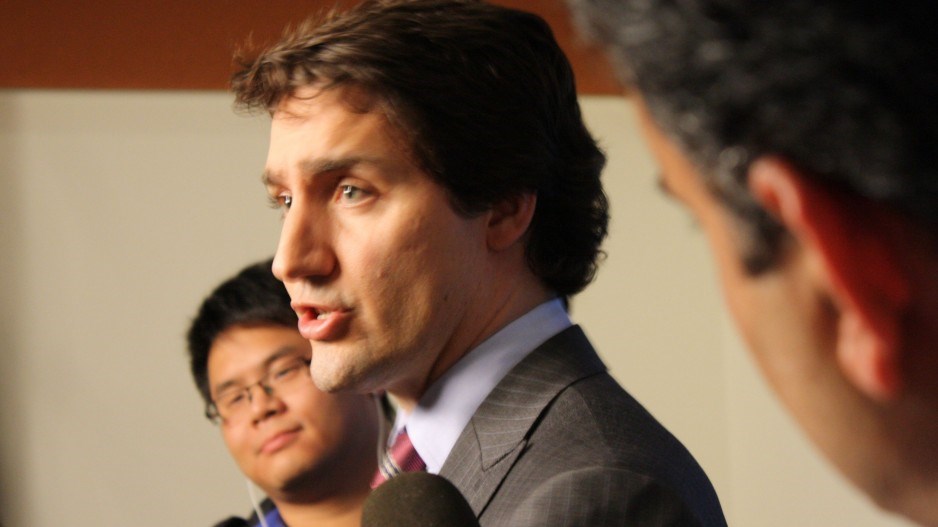Business groups are feeling positive about the majority government voters handed Liberal leader Justin Trudeau last night.
“When you’ve got a minority government situation, irrespective of who the parties are but particularly in a scenario where it would be a Liberal/NDP minority situation, the uncertainty that provides for the business community is very real and can negatively impact business decisions,” said Iain Black, president and CEO of the Vancouver Board of Trade.
With a majority, a government can lay out priorities and a direction for the next four years, Black said, while in a minority, decisions are made “week to week.”
Trudeau's Liberal party won 184 seats, while the Conservatives took 99 and the NDP won 44 seats. Ten seats went to the Bloc Quebecois and Green Party leader Elizabeth May held her seat.
In a press release, the Canadian Chamber of Commerce was also enthusiastic about a majority, and said Liberals’ plans to invest in infrastructure and workforce training “aligns with our priorities.” The group warned of a return to a structural deficit.
The Liberals plan to run a $10 billion deficit for three years in order to invest in infrastructure across Canada, in contrast with the Conservatives and NDP, who promised balanced budgets.
Read: Revamped tax system, increased infrastructure spending in the cards after Liberal win
Economists have suggested that with interest rates at rock bottom, the time could be right to invest in Canada’s aging infrastructure.
The Vancouver Board of Trade, which was a member of a coalition of groups pushing for a 0.5% sales tax to pay for transit improvements in Metro Vancouver, is hopeful a Trudeau government will lead to spending commitments on stalled projects like Vancouver’s Broadway corridor subway and light rail for Surrey.
But Black warned the details on where those investments will be made have yet to be revealed.
“Our concern will be that that investment is done strategically, that it’s not just spread like jam across a piece of toast.”
Black said the Vancouver Board of Trade is confident the Liberals will sign the Trans Pacific Partnership and will support the oil and gas industry.
Trudeau has said he does not support the Northern Gateway pipeline, but supports the Keystone XL pipeline and has not ruled out support for the Energy East pipeline.
But Jon Garson, CEO of the BC Chamber of Commerce, said Trudeau’s comments about concerns he has around Northern Gateway, Kinder Morgan’s Trans Mountain pipeline and the National Energy Board review process “play into a narrative that make some communities who rely on the resource economy a little bit nervous.”
Stephen Harper’s Conservatives had positioned themselves as the party of business and economic stability. But David Moscrop, a PhD candidate in UBC’s department of political science, said he wasn’t surprised to see the business community embrace the Liberals.
“The Liberal government of the 90s was a very business-friendly government. They cut spending, they cut the debt, they ran surpluses — stable surpluses — they … opened up free trade,” Moscrop said.
“Progressives might be more concerned than the business community.”
Although Black has in the past criticized provincial plans to raise taxes on high income earners, he emphasized that while the Liberals plan to raise taxes on people who make more than $200,000, the party has not suggested raising taxes on businesses.
@jenstden




